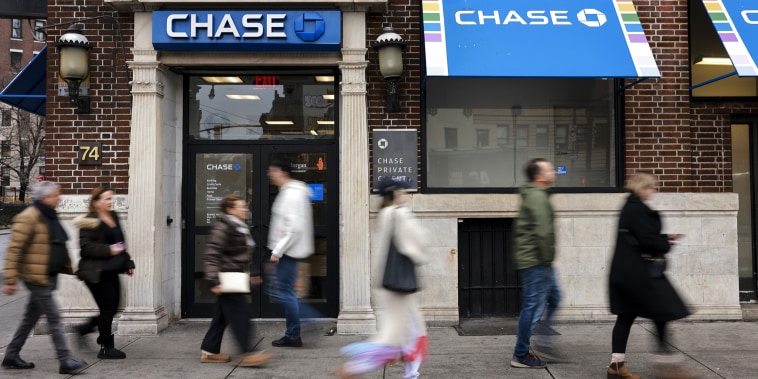In a recent turn of events, Chase bank finds itself embroiled in a legal battle as customers have filed a lawsuit over fees charged for depositing bounced checks. The plaintiffs argue that the bank’s fee structure is unfair and deceptive, ultimately penalizing customers for the actions of others. This lawsuit highlights the important issue of financial transparency and responsibility as it pertains to banking practices.
The crux of the lawsuit revolves around the notion that customers who deposited checks that ultimately bounced were unfairly charged fees by Chase. While it is a common practice for banks to charge fees for bounced checks, the plaintiffs argue that the fees in question were excessive and disproportionate to the actual costs incurred by the bank. This raises questions about the transparency of fee structures within the banking industry and whether customers are being charged fairly for the services provided.
Furthermore, the lawsuit also brings to light the issue of accountability within the banking sector. Customers argue that they should not be penalized for the actions of others, particularly when it comes to deposited checks that are ultimately returned unpaid. This raises broader questions about the responsibility of banks to ensure that their fee structures are reasonable and aligned with the best interests of their customers.
In response to the lawsuit, Chase has defended its fee structure, stating that they are in line with industry standards and necessary to cover the costs associated with processing bounced checks. However, the plaintiffs argue that these fees are excessive and represent a form of profit-making rather than a fair assessment of costs incurred by the bank.
This legal battle between Chase and its customers sheds light on the importance of financial transparency and accountability within the banking industry. Customers have the right to expect fair and reasonable fee structures from their banks, and it is crucial for financial institutions to uphold these standards to maintain trust and integrity with their clientele.
As the lawsuit progresses, it will be interesting to see how the courts ultimately rule on the matter and what implications it may have for the wider banking industry. Regardless of the outcome, this case serves as a reminder of the importance of clear communication, fairness, and accountability when it comes to financial transactions between banks and their customers.



























